Why are bees important? This post covers why bees are crucial to the survival of the human race and what we can do to save them. They pollinate crops that we rely on for food, like fruits, vegetables, and flowers. Without bees, many animals would go without food, including humans!
What do bees do? Why are bees important?
Honey bees are nature's best pollinators. Workers collect pollen to feed their larvae, storing it in pollen baskets in their legs or on branched hairs on their body. As they go from flower to flower they inevitably lose some of the pollen they have collected. Some of this pollen may land on the female parts of other flowers of the same species, resulting in cross-pollination. Without this process, plants have to rely on wind to carry pollen, which isn't as effective. Without cross-pollination, plants can't reproduce.
If bees went extinct, there would be a huge decline in a lot of the crops that we depend on as food for humans and agriculture.
Here's a list of some of the crops that bees pollinate:
- Fruits: apples, mangos, rambutan, kiwi fruit, plums, peaches, nectarines, guava, rose hips, pomegranates, pears, black and red currants, strawberries, prickly pear, apricots, avocados, passion fruit, custard apples, cherries, coffee, lychee, acerola, lemons, figs, limes, quince, persimmons, loquat, durian, cantaloupe, tangelos, watermelon, star apples, coconut, tangerines, boysenberries, starfruit, papaya, raspberries, elderberries, blackberries, tamarind, cocoa, vanilla, cranberries, tomatoes, grapes
- Vegetables: alfalfa, okra, onions, lima beans, kidney beans, adzuki beans, green beans, celery, goa beans, fennel, carrots, cucumber, beets, broccoli, cauliflower, cabbage, brussels sprouts, bokchoy (Chinese cabbage), turnips, congo beans, sword beans, chili peppers, red peppers, bell peppers, green peppers, eggplant, black eyed peas,
- Nuts, seeds, and seasonings: cashews, allspice, walnut, flax, macadamia nuts, buckwheat, hazelnut, coriander, caraway, chestnut, brazil nuts, mustard seed, rapeseed, sesame
- Other materials and plants: cotton, sunflower oil, palm oil, safflower, clover, orchid plants, cactus
Did you know you can replant and grow some of these fruits and vegetables at home? Fruits and vegetables grown in your home garden can support the bee population.
If honey bees disappear and we do not find replacements that can do the work they do, then foods that we take for granted will decrease in supply and increase in price. The pollination service provided by insect pollinators was €153 billion (euros) in 2005 for the main crops that feed the world. This figure amounted to 9.5% of the total value of the world agricultural food production.
Why are bees important to the ecosystem?
All elements of an ecosystem are important to the functioning of that ecosystem. The main reason that these fuzzy pollinators are important for our world is as simple as this: if the honey bee does not pollinate the crops, the crops do not grow and produce the food that gets harvested and brought to the store where we buy it and bring it home to feed ourselves and our families. In other words, there is a direct connection between the bees pollinating the crops and our ability to provide food for our families.
If you are looking for more ways to protect the ecosystem, check out 40 Ways to Reduce Your Carbon Footprint.
We are losing the bees that live naturally in the wild. We depend on these insects for our food, but in an ecosystem where pollution and urbanization are altering nature dramatically, we are all in major trouble.
Impacts on the economy
As a result of the loss of wild bees, farmers in the United States have resorted to renting bee hives from commercial beekeepers for pollination. Indeed, this business has become so important that the beekeeper is often paid more money to haul his or her bees from flowering crop to flowering crop than they are for honey: up to $350 per hive per season. Multiply that by hundreds, even thousands of hives that are needed and that’s much more than a beekeeper can make selling honey.
Take the California almond industry, for example. In 2007, the California Almond Board stated that almonds are California’s number one horticultural export, occupying 550,000 acres of land. In 2006, this important revenue-generating crop required over one million beehives to support its yield, and the Board projects needing over two million hives by the year 2012!
Many of our food crops for both man and animals depend on bees for pollination. It is estimated that if the bee population was somehow reduced by at least 30 percent, more than half of the world’s food supply will be adversely affected. With droughts, earthquakes and other natural and manmade disasters befalling us nowadays, losing the bees is yet another challenge to our survival as the dominant species on Earth. We may even go the way of the dinosaur and the dodo, no thanks to the elimination of our little striped helpers.
We should all be concerned after all; bees are essential not only for their honey and beeswax but, more importantly, for their roles in food production for humanity’s benefit.
Why are bees dying? Are bees going extinct?
There are quite a few threats to our striped friends.
How pesticides kill bees
Pesticides are harming them by causing them to lose their way home, research suggests. Two studies provide strong evidence that pesticides sprayed on farmers’ fields, and used on private gardening threaten bumblebees and honey bees.
One team of British scientists showed bumblebee colony growth slowed after exposure to a chemical. Another group of French researchers tracked foraging honey bees and found that pesticide tripled their chances of dying away from the hive. But how do pesticides affect bees? One of the main chemicals found in a common pesticide is thought to disrupt the bees’ homing systems.
Bees feed on pollen and nectar produced by plants. When bees can't find their way back to the hive, they're unable to bring the nectar they've collected back to the hive. Without nectar, the other bees in the hive, including the pupae, larvae, and the queen bee, have nothing to eat.
Insecticides cause Colony Collapse Disorder
Insecticides called neonicotinoids may also fuel Colony Collapse Disorder. The phenomenon, marked by the disappearance of honey bee colonies, is a problem in northern hemisphere countries. Professor Dave Goulson, from the University of Stirling, who led the British study, said: “Some bumblebee species have declined hugely. For example, in North America several bumblebee species, which used to be common, have more or less disappeared from the entire continent. In the UK, three species have gone extinct.”
They are losing their food sources
Rural and forested land is consistently being developed for housing and shopping malls, reducing the flower sources they feed on. In addition, bees can’t find nectar and pollen as easily as they used to because of weed sprays and “better” pasture care. The weeds, from which they gather much wildflower honey, simply aren’t there.
Parasites are attacking bees
The varroa mite is an external parasite that plagues bees. It was first discovered in Indonesia in 1904 and was transported to the Americas by humans. It attaches itself to bees and sucks their blood, significantly reducing their life span. Commercial beekeepers developed a remedy for the mite, a miticide that keeps their hives alive and able to work. The miticide is, however, yet another poison bees come into contact with.
How to save the bees
Just as much as bees have a role in ensuring the survival of humanity, we also have roles in ensuring their survival. This way, we can ensure that the symbiotic relationship we have with bees will endure for many more generations.
Here are some ways that we can protect bees:
- Stay away from harmful chemicals and pesticides
- Plant trees, flowers, and vegetables. Maintain your garden!
- Don't kill weeds and wildflowers during the early spring months. Bees depend on weeds and wildflowers for nectar as these plants are some of the earliest bloomers. You can also buy a pollinator wildflower mix to plant in your yard
- Buy more organic, non-GMO produce. Use your dollars to support farms that use bee-friendly practices
- Support beekeepers! Buy local honey and beeswax to make DIY soap recipes
- Become a beekeeper
Ultimately, the greatest defense bees have is their biggest challenge: ignorant humans. Being an advocate for bees means you're an advocate for the entire ecosystem, and the best chance we have to resolve this issue is by spreading awareness. Make sure to share this post with friends and family!
Reference:
College of Agricultural & Environmental Sciences Green Life.
www.hubpage.com
www.beeguardianfoundation.org

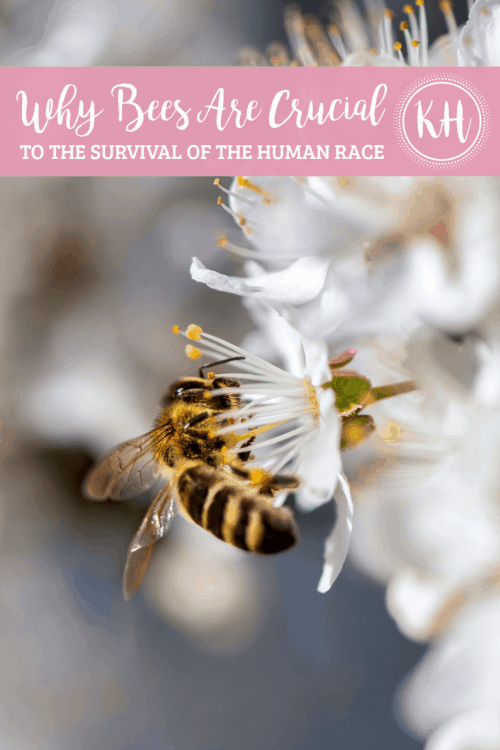
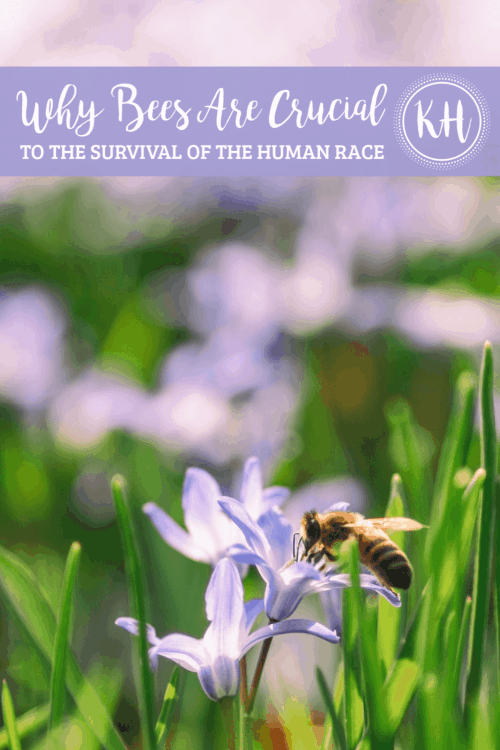
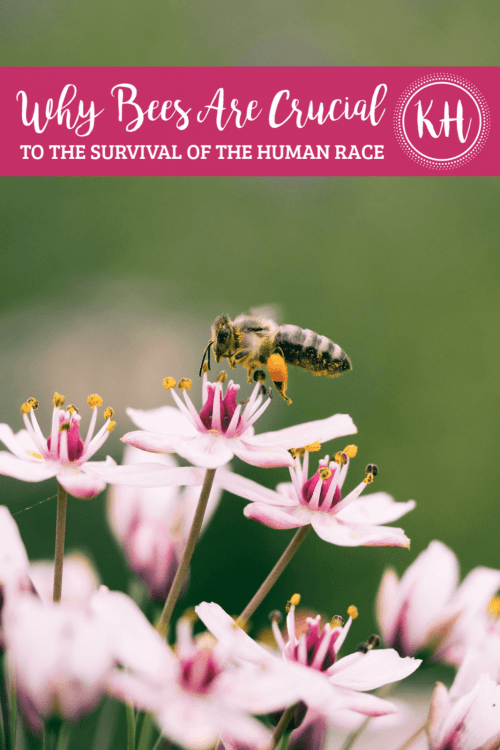
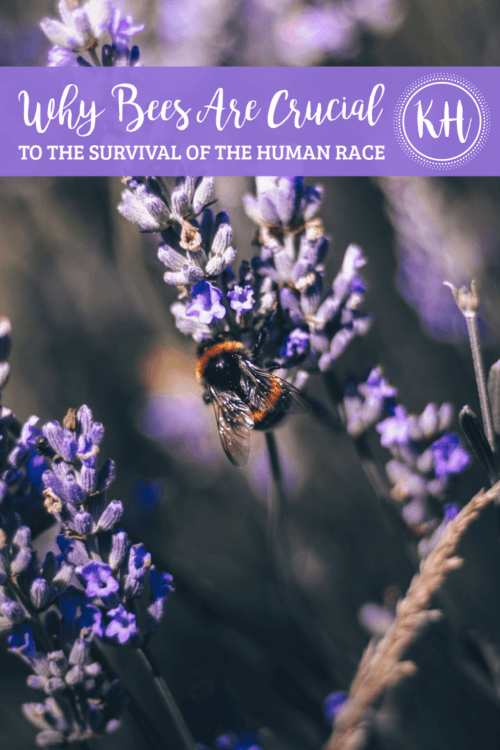
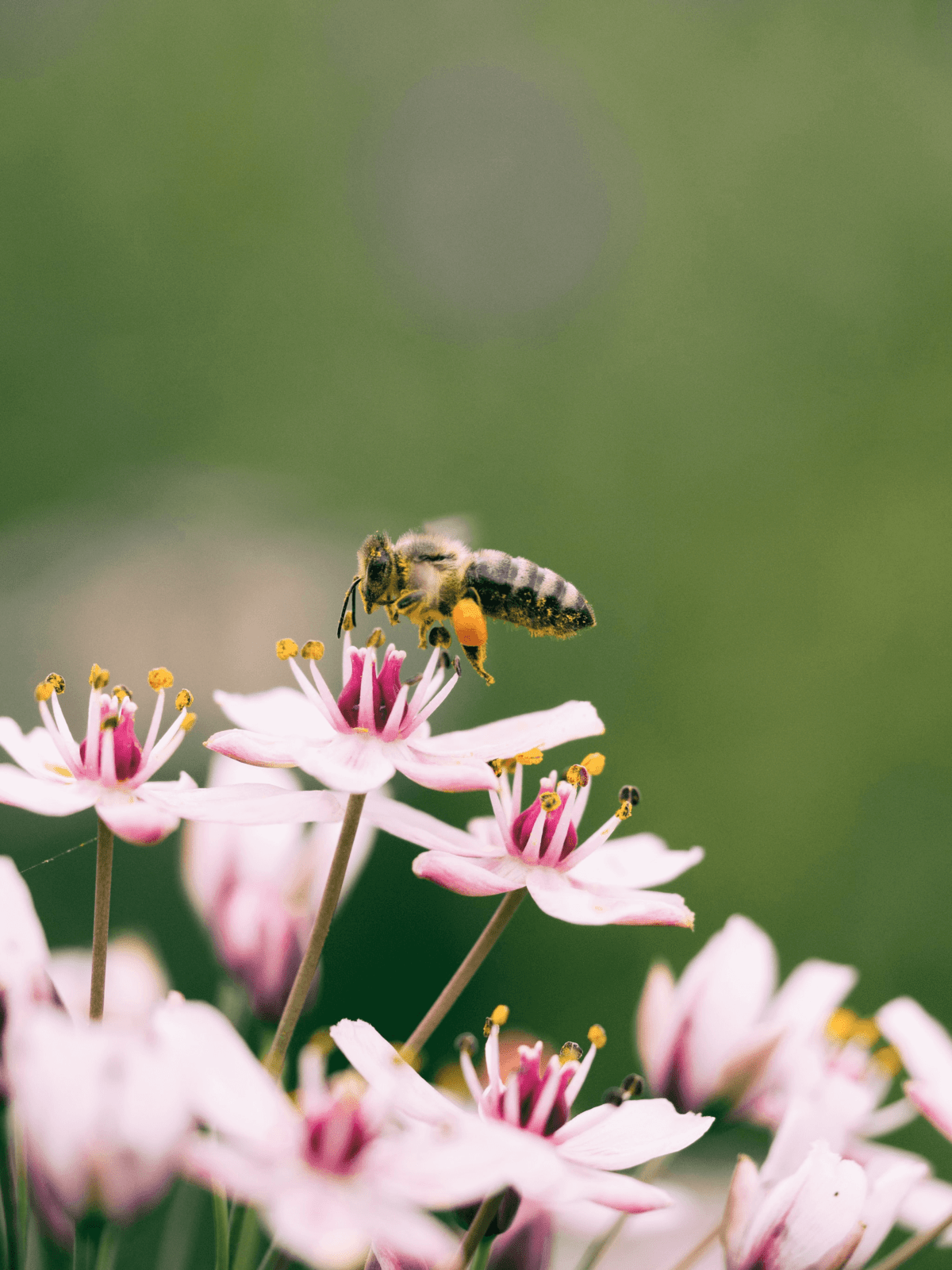
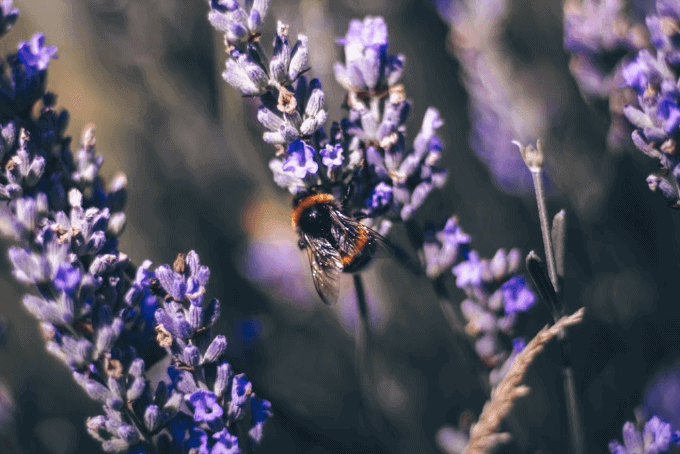
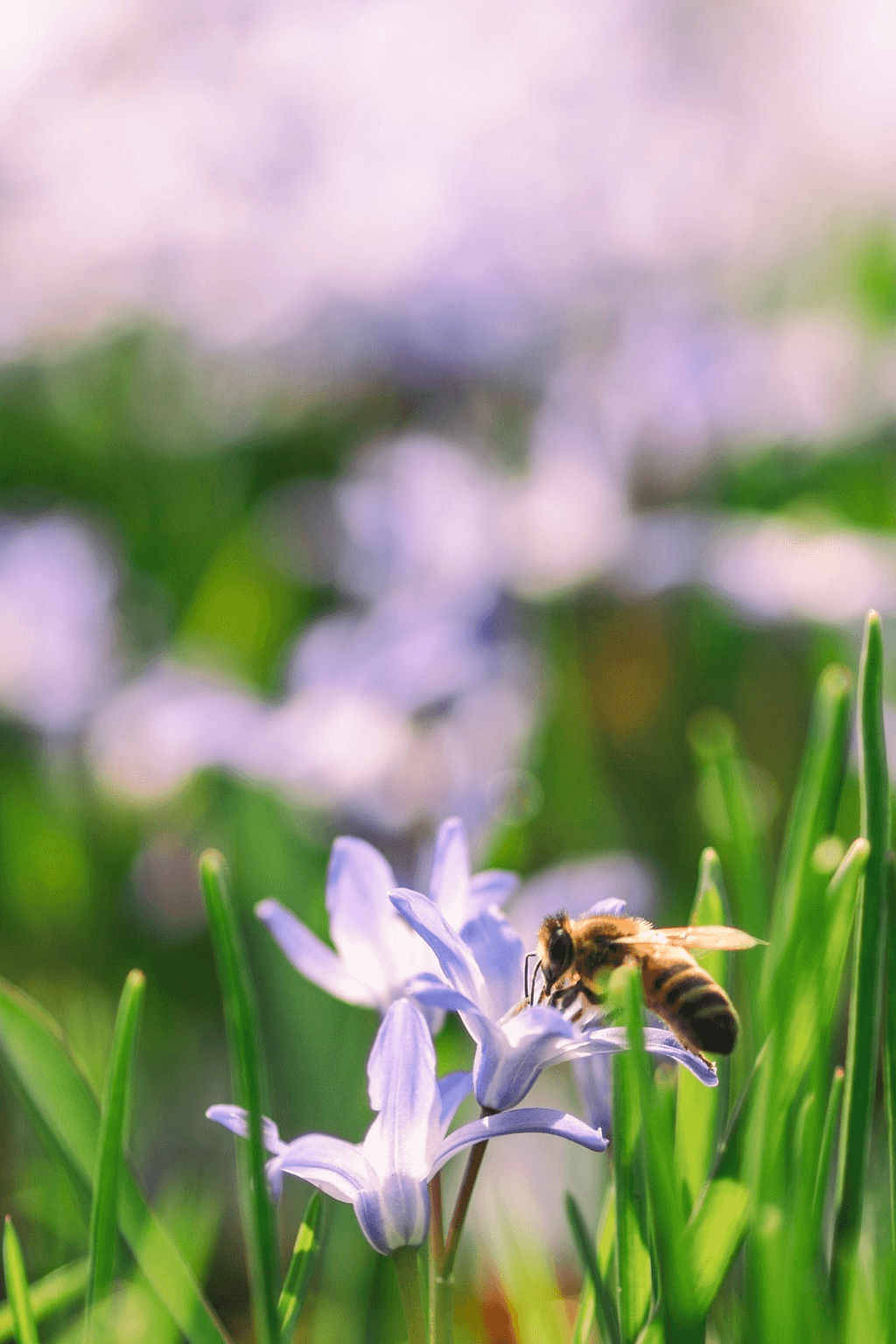
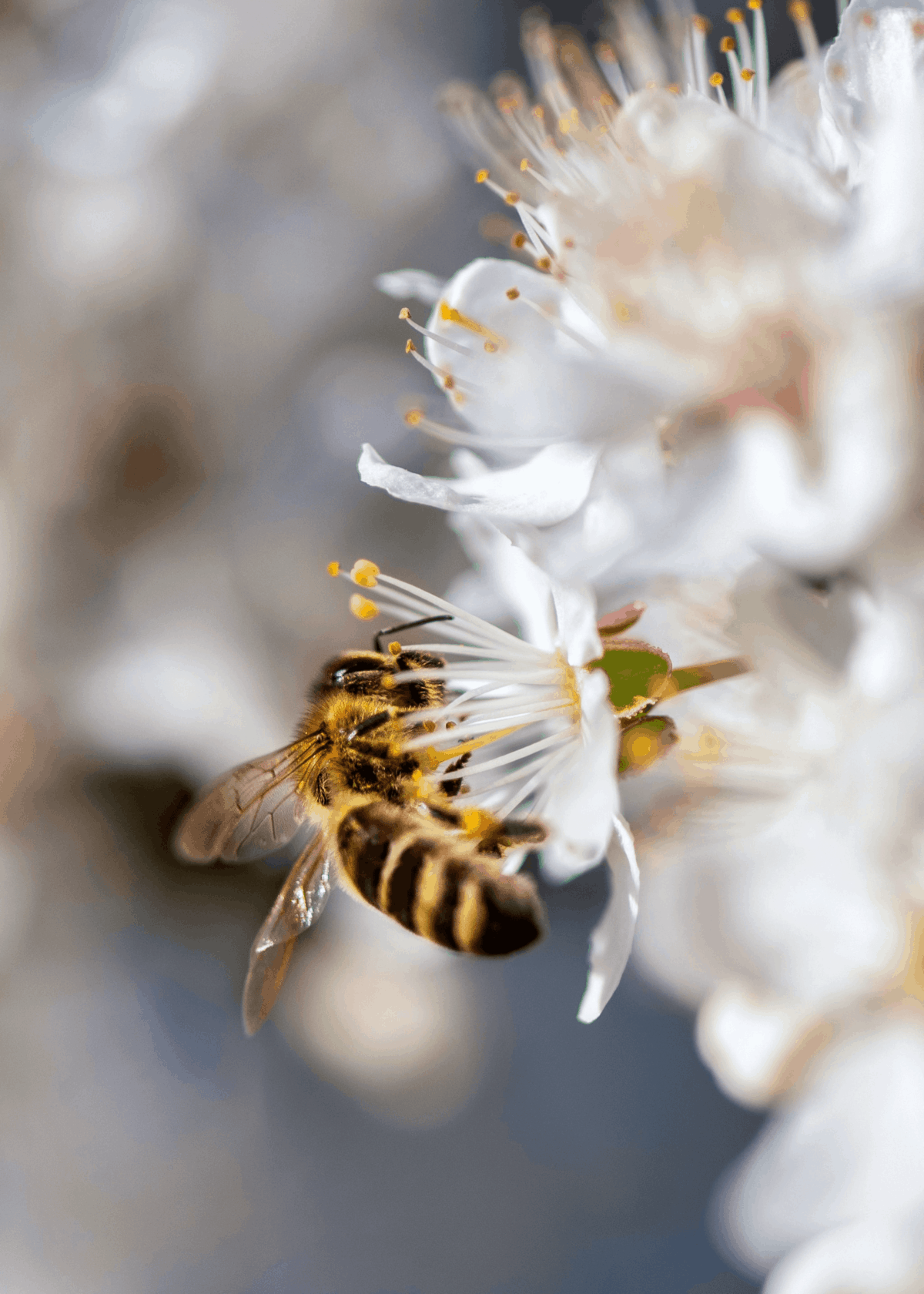
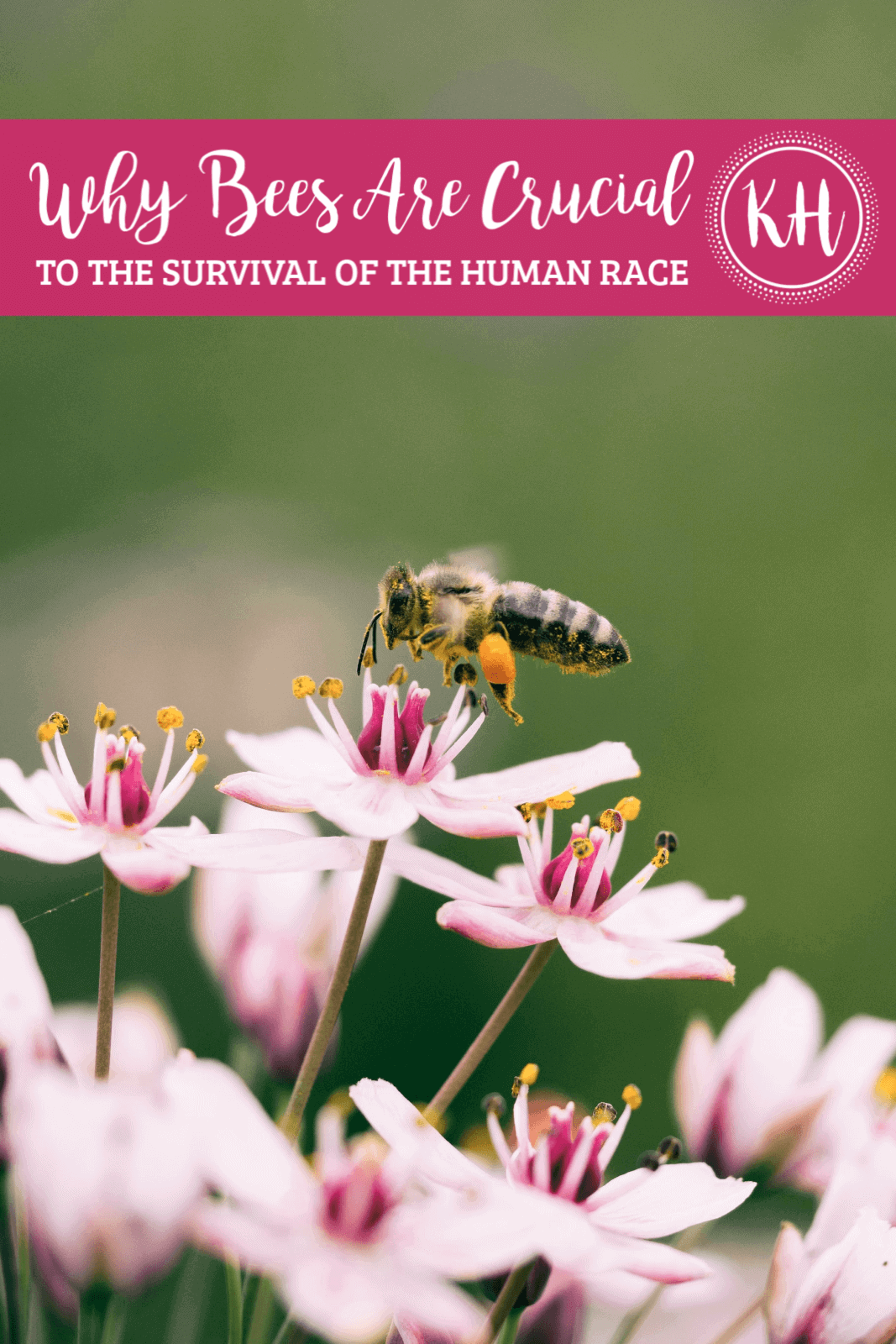
Did you try this recipe? Tell us your thoughts!